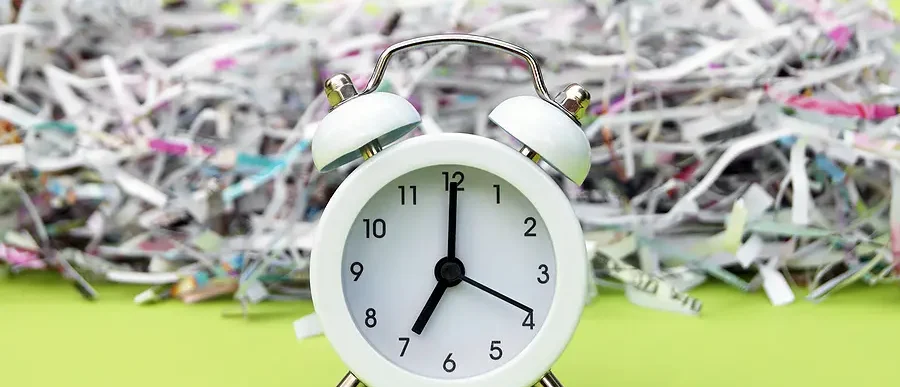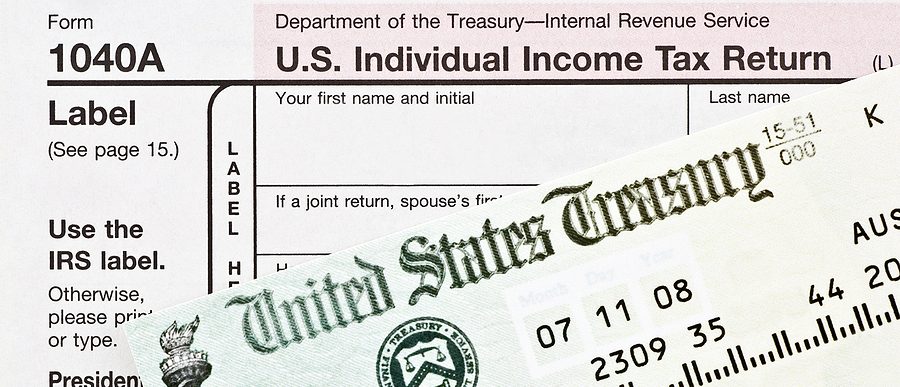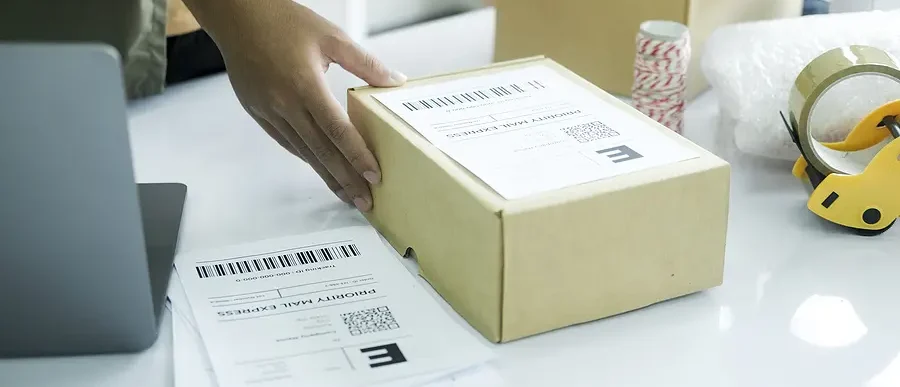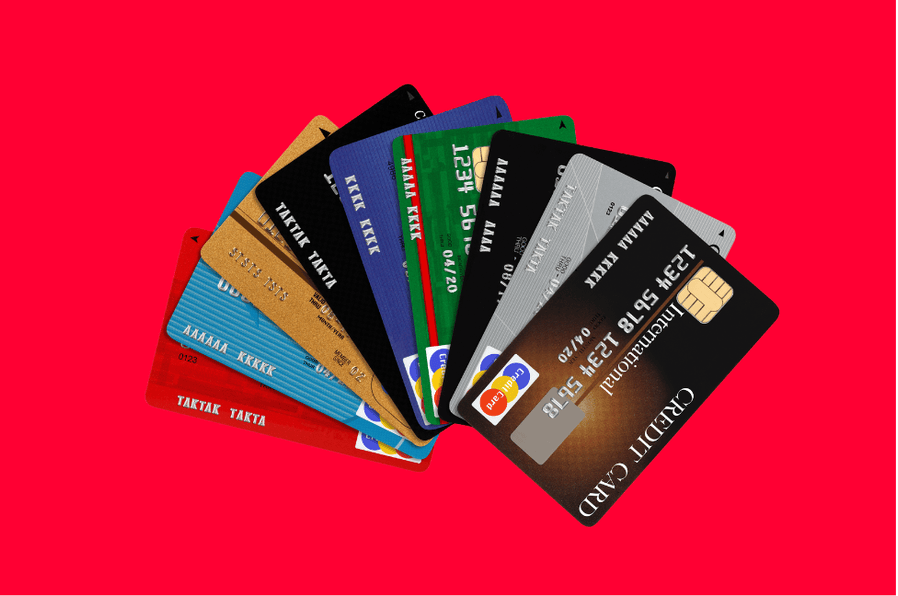
Many homes hold vast amounts of documents that have a time limit, a retention period that once expires can leave you vulnerable. However, destroying files isn’t just as simple as throwing them into the trash. Sensitive documents, such as financial records, social security numbers, medical reports, and other personal information, can be illegally and unethically used if found in the wrong hands.
There are many approaches to document destruction, some fast and easy, others slow and tedious. However, shredding paper quickly doesn’t always mean you can save money or have the security you need to protect yourself. When it comes to protecting confidential information, here, you’ll learn about the quickest way to shred piles of documents and the most effective way to shred documents and protect your information.
What Documents Should You Shred?
First, it’s important to identify which documents need to be shredded. Generally, any paper containing personal information, signatures, account numbers, and other sensitive data should be destroyed. Here’s a detailed list of the types of documents you should consider shredding:
- Old Financial Statements: These include bank statements, credit card statements, and investment account statements, as these documents contain account numbers and transitions that can be exploited.
- Expired IDs and Passports: Any form of identification that’s no longer valid can still be used fraudulently, and shredding these can help prevent false identification.
- Medical Records: Papers containing old prescriptions, test results, and other medical documents with sensitive health information should be shredded, as this data can be stolen and monetized as tradable goods.
- Unused Checks: Even after you close a bank account, old checks can still be misused. Shredding unused checks from closed accounts and outdated checkbooks can protect your information from scams.
- Bills and Receipts: Bills for utilities, credit cards, internet, and other services, alongside receipts from credit card transactions, should be shredded to prevent identity theft schemes.
- Tax Returns and Related Documents: Because these documents contain an extensive amount of personal and financial information, it’s recommended that they be shredded after being kept for the required period, depending on the document’s retention period.
- Legal Documents: Old legal documents, such as contracts and papers with your signature, are especially important to shred when no longer considered valid, so shredding any legal paperwork should be done when it’s no longer relevant to you and your business.
- Educational Records: Educational records such as college transcripts and admission letters can contain personal identifiers that can be misused if not shredded.
- Employment Records: Documents such as past job applications, resumes, and any paperwork containing your data should be destroyed when they’re no longer needed.
- Junk Mail: In some cases, junk mail that has pre-approved credit card offers, insurance solicitations, and other forms of mail with your personal information can be vulnerable to identity theft. Shredding paper mail offers can help protect yourself in these cases.
Methods of Document Destruction Without a Paper Shredder
If a personal paper shredder or business-acquired shredders are outside your feasibility, there are still effective, quick ways to destroy documents and protect sensitive information. While these methods are unconventional, they can provide a quick way to remove documents in bulk.
Burning Paper in a Fire Pit
Burning documents is considered fast and effective, as the fire completely prevents the files from being reconstructed. However, burning paper also brings risks. Modern paper contains harmful chemicals such as plastics, varnishes, and formaldehyde. Once burned, these chemicals will release and pose significant health risks to anyone who breathes them in. This method also increases the risks of house fires, wildfires, and legal ramifications if the fire loses control and burns a building.
Soaking Documents in Water and Bleach
This method involves dissolving paper in a solution of water and bleach, which breaks down the paper fibers and makes the ink run, rendering the documents unreadable. While this method can work, it’s often considered somewhat risky, especially if ventilation is lacking. This method also shouldn’t be used in business-environment settings, as it would require substantial resources to manage properly.
Composting Sensitive Documents
Composting can be considered an environmentally friendly option if the paper documents are made with non-glossy, non-toxic paper. For at-home use, it can help create compost from organic waste and break down the documents over time. While this process can be seen as viable for less sensitive documents, it’s not considered viable for large bulk documents and documents with personal, sensitive information.
Cutting or Shredding By Hand
Shredding by hand isn’t considered a quick and efficient method. For large, bulk documents, it can take hours or even days to fully destroy them. If the shredding is inefficient, the paper shreds can be put back together, invalidating your efforts.
Attending a Community Shredding Event
Community shredding events hosted by banks, healthcare organizations, and credit unions can effectively remove large batches of sensitive documents. These events are considered safer due to the use of professional shredders. Still, the timing and availability of these events are often limited, especially if you have time-sensitive documents beyond their retention period.
Why Choose a Shredding Service For Your Sensitive Information
So, what’s the quickest way to shred paper, especially in bulk? Professional shredding services provide the answer. Professional shredding services provide a secure form of destruction for your documents and offer a guarantee of security that is reliable and convenient for you and your business. Choosing a professional shredding service offers many benefits over handling the task yourself, which include:
Enhanced Security: Compared to DIY methods, professional shredding uses industrial-grade shredders that can quickly handle large volumes of paper, turning your documents into pieces that are impossible to reconstruct.
Compliance with Laws: Many businesses are required to dispose of sensitive information beyond its retention period, so these services also run under strict compliance standards, helping businesses comply with laws such as HIPAA, FACTA, and GLBA.
Time-Saving: Using a shredding service can help you save time and effort. Instead of spending hours feeding papers through a shredder, your documents can be collected by the service, dropped off, and conveniently shredded so you can focus on other important tasks.
Certificate of Destruction: Many professional shredding services provide a certificate of destruction after the documents are shredded. This certificate proves that your documents have been securely destroyed, which is important for your records.
Environmentally Friendly: Many shredding services also focus on being environmentally responsible. Usually, after shredding, the paper debris is recycled to reduce waste and support sustainability initiatives.
Cost-Effective: Lastly, it’s considered a highly cost-effective solution for businesses. Shredding services can offer scalable solutions whether you have a small batch of documents or a large volume that needs shredding.
Discover Professional Shredding with Shred Nations
By choosing the right shredding method, you can protect your information, comply with legal requirements, and declutter your space. To discover how easy and secure paper shredding can be, contact Shred Nations today. Regardless of your document destruction needs, our team offers shredding services that ensure your documents are handled confidentially and efficiently. Call for a free quote at (800) 747-3365, use our live chat, or fill out our form to get started.












